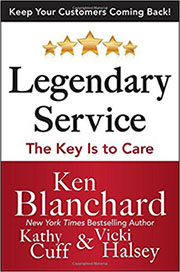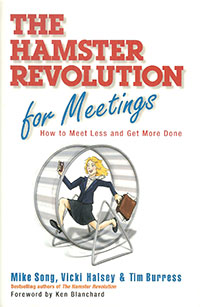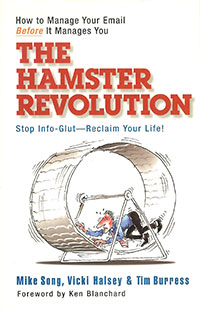 Do you have the constitution to lead?
Do you have the constitution to lead?
Leadership is a demanding activity that can test your mental, emotional, spiritual, and physical constitution. But that’s not the kind of constitution to which I’m referring.
I’m talking about a document like the Magna Carta or the U.S. Constitution. A living, breathing document that clearly outlines the agreements and principles of how something should operate. In this case, your leadership, and in the case of your organization, its culture.
Developing a personal leadership philosophy and an organizational constitution is the driving goal of The Culture Engine – A Framework for Driving Results, Inspiring Your Employees, and Transforming Your Workplace by my friend and colleague, Chris Edmonds. I’ve known and worked with Chris for over 18 years and recommend you take the time to read his book. Chris emphasizes the importance of developing an organizational constitution that outlines the specific expectations and rights of organizational members. An organizational constitution specifies the team or company’s purpose and the values and behaviors that all team leaders and members believe in and commit to. It functions as the organization’s North Star, the guiding light of what is and isn’t acceptable in the organization and how team members will work together to achieve the organization’s goals.
Before you have an organizational culture, it helps to have a clear picture of your own leadership philosophy. Chris outlines several helpful steps leaders can take to develop a deeper understanding of their leadership points of view.
1. Clarify your personal purpose – A few weeks ago I wrote about how to craft your own mission/purpose statement. Chris makes an important point about developing a personal mission/purpose statement: look at your life purpose and values, not just a set for the workplace. Our core purpose and values don’t change based on the role we choose. Chris offers a guided process to help you develop a life purpose statement by answering questions such as “What are your core talents?,”“Whom are you focused on serving?,” and “What are you striving for?” Your personal purpose statement will serve as the foundation for how you express your leadership.
2. Clarify your personal values and aligned behaviors – When you are leading at your best, what values characterize your behavior? Identifying your personal values is good; defining the behaviors that align with those values is even better. For example, if “integrity” is one of your personal values, define what that means in behavioral terms. It might mean you do what you say, keep your commitments, and do the right thing even when it’s difficult. Chris recommends you limit your core values to just three to five in order to create clarity and focus on how you want to act as a leader.
3. Define your values – Specifically defining your values eliminates any question as to what your values mean. In the absence of clear values, you open the door to rationalizing your behavior and create confusion among those you lead as to exactly what you stand for as a leader. Values can mean different things to different people so it’s important to be very clear with your followers about what your values mean.
Once you have created and defined your own personal leadership philosophy or constitution, you are primed to create your team/department/organizational constitution. Chris details a specific process on how to create your organization’s constitution and his book is replete with worksheets to help you through the process.
Perhaps Chris’ most important point is you have to live the constitution. Leaders are the living embodiment of the principles contained within the constitution, and if you don’t live them out, you can’t expect anyone else to do so.
Culture is the engine that drives your organization’s performance and developing an organizational constitution, and operating by its principles, will keep your engine in tip-top shape — and your organization performing at its peak.
Read more http://leadingwithtrust.com/2014/10/19/do-you-have-the-constitution-to-lead/






